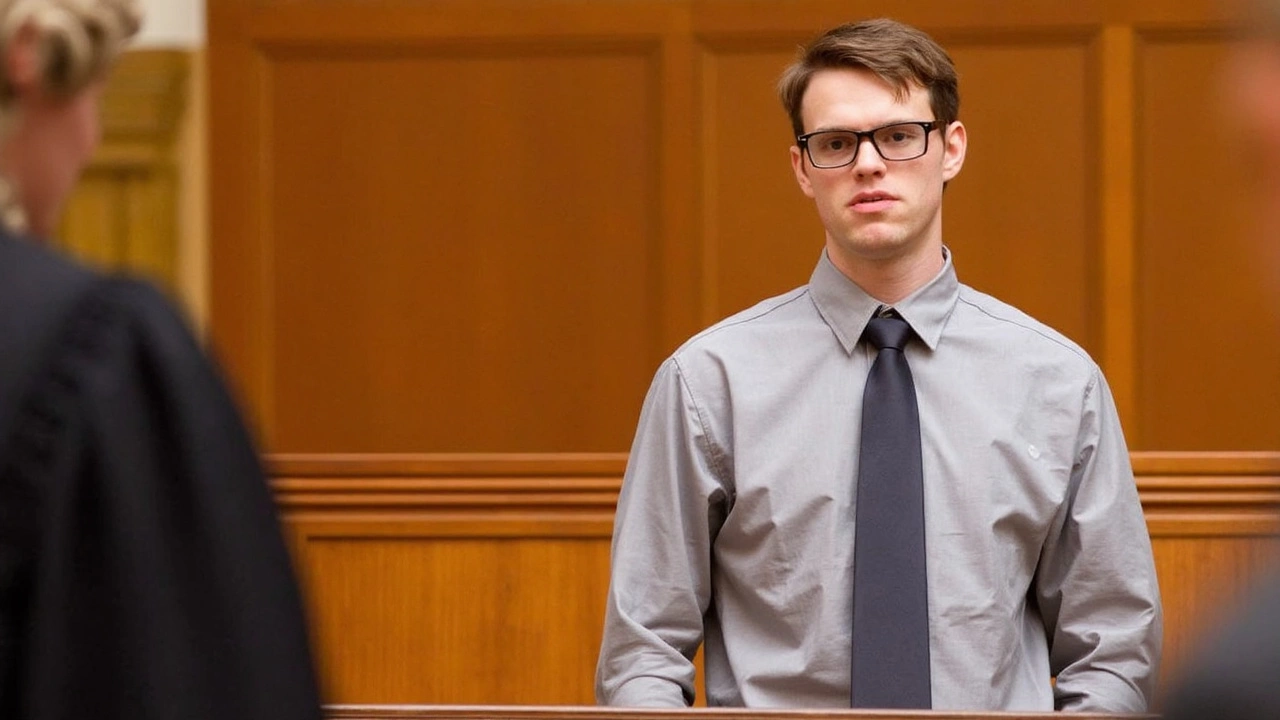Abuse Survivors: Practical Help and Real Stories
If you or someone you know has survived abuse, the first step is often finding a safe place to start. You don’t have to figure everything out alone – there are hotlines, online forums, and local charities that can give you the backup you need right now. A quick Google search for "abuse survivor support UK" will pull up the National Domestic Abuse Helpline (0808 2000 247) and the Rape Crisis Centre. Both offer 24‑hour phone support, live chat, and email help, so you can choose the method that feels most comfortable.
One of the biggest challenges after an abusive episode is learning how to trust again. Simple habits like keeping a daily journal, practicing grounding exercises, or setting a short‑term goal (like walking to the kitchen without looking over your shoulder) can rebuild confidence. It’s also okay to lean on friends who listen without judgment. If you’re worried about privacy, use a private browsing mode or a trusted friend’s device to research resources.
Stories That Show You’re Not Alone
Reading real accounts can be a powerful reminder that recovery is possible. Take the case of a former football fan who faced online harassment after speaking out about a high‑profile legal case. He reached out to a mental‑health charity and found a therapist who specialized in digital abuse. Over months, he learned to set clear boundaries on social media and discovered a community of other survivors who shared coping strategies.
Another example comes from a public figure who publicly admitted a past experience of workplace sexual harassment. By speaking up, they sparked a broader conversation about power dynamics and helped a hidden network of survivors feel safe to step forward. Their story shows that even when the abuse comes from a powerful institution, sharing your truth can trigger change and attract support.
Where to Find Reliable Help
Below are a few trustworthy places to start:
- National Domestic Abuse Helpline – 24/7 phone, chat, and email support.
- Rape Crisis England & Wales – free counseling and legal advice.
- Mind – mental‑health services that include trauma‑informed therapy.
- Local Citizens Advice – helps with housing, financial, and legal matters after abuse.
Many of these organisations also run online support groups, so you can connect with people who truly get what you’re dealing with. The key is to try one and see how it feels – you don’t have to stick with a service that isn’t a good fit.
Finally, remember self‑care isn’t selfish. Simple actions like taking a walk, listening to your favorite music, or cooking a meal for yourself can reinforce the idea that you deserve safety and happiness. Healing is a marathon, not a sprint, and every tiny victory adds up.
Whether you’re looking for legal advice, therapy, or just a place to share your story, the resources listed above are a solid launching pad. You’ve survived the worst – now focus on building a future where you feel seen, heard, and protected.
